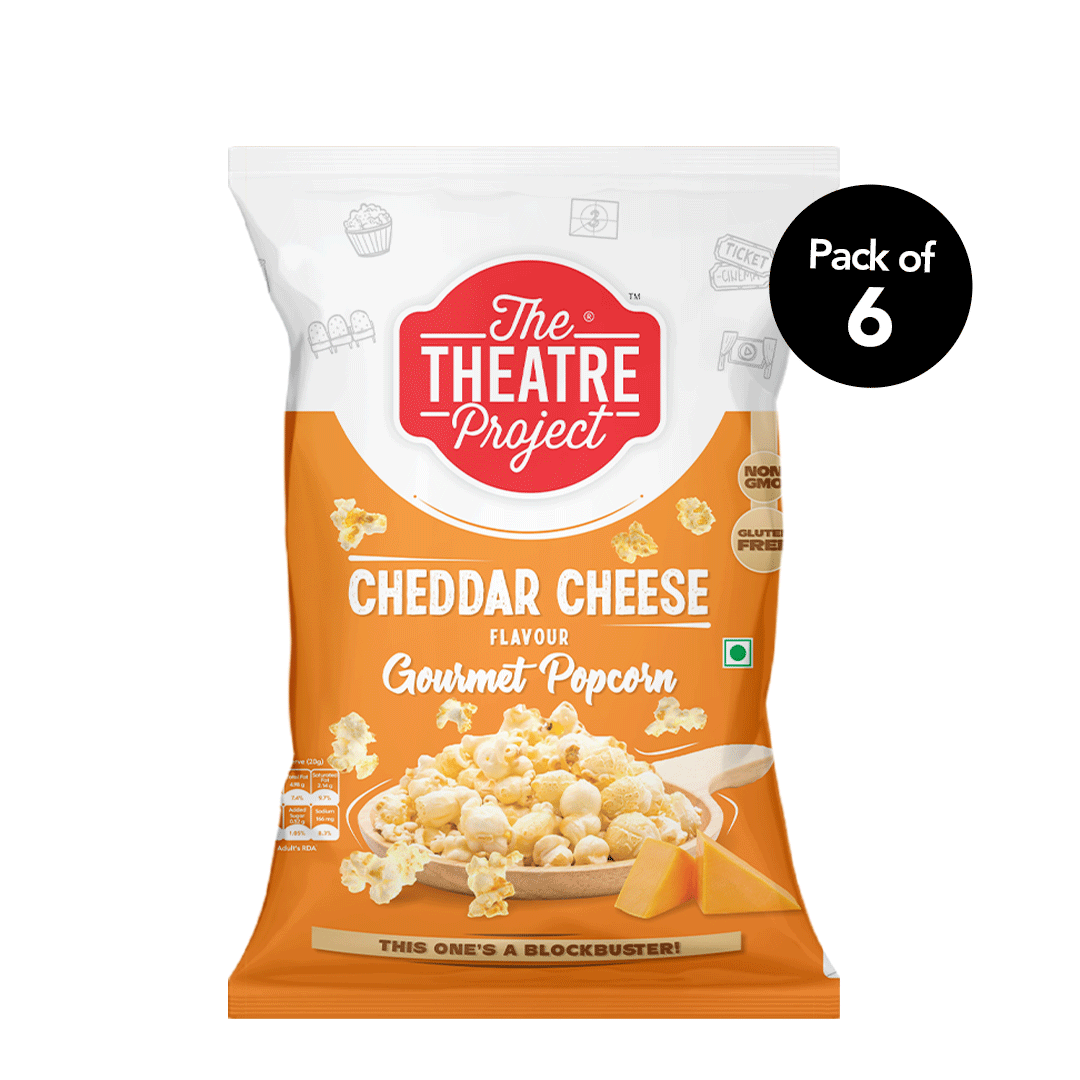How to Play Indian Rummy (13 Cards): Rules, Sequences & Tips
Indian Rummy (13-Card Rummy) is one of the most popular skill-based card games in India. Played with friends, family, and even on online platforms, this game combines strategy, planning, and a bit of luck. The objective is simple: arrange your 13 cards into valid sets and sequences before your opponents do.
In this guide, we’ll explain the rules of Indian Rummy, how to play, valid card combinations, and strategies to help you win.
What is Indian Rummy (13 Cards)?
Indian Rummy is a draw-and-discard card game usually played between 2 to 6 players using one or two standard 52-card decks (with jokers). Each player is dealt 13 cards, and the goal is to form valid sequences and sets.
Key Objective of the Game
To declare and win, you must arrange your cards into:
-
At least 2 sequences
-
Out of these, 1 must be a pure sequence (without jokers)
Remaining cards can be grouped into valid sequences or sets.
Rules of Indian Rummy (13 Cards)
1. Dealing
-
Each player gets 13 cards.
-
A random card is picked as the wild joker, which can substitute for any card.
2. Turns
-
On every turn, a player draws a card (from the closed deck or open pile) and discards one card to the open pile.
3. Sequences & Sets
-
Pure Sequence: Consecutive cards of the same suit without jokers (e.g., 4♥ 5♥ 6♥).
-
Impure Sequence: Consecutive cards using jokers (e.g., 8♠ 9♠ Joker).
-
Set: Three or four cards of the same rank but different suits (e.g., 7♥ 7♠ 7♦).
4. Declaring
Once a player arranges all cards into valid sequences and sets, they can declare. Their hand is then validated before winning.
Winning Tips for Indian Rummy
-
Focus on Pure Sequence First: Without it, you cannot declare.
-
Discard High-Value Cards Early: Don’t hold on to Kings, Queens, and Aces if they don’t fit your sequence.
-
Use Jokers Smartly: Reserve jokers for impure sequences or sets.
-
Observe Opponents: Watch what cards they pick or discard.
-
Avoid Early Declaration: Double-check your hand to avoid penalties.
Variations of Indian Rummy
-
Points Rummy: Each game has a point value; scores are calculated per round.
-
Deals Rummy: Fixed number of deals are played; the winner has the highest score at the end.
-
Pool Rummy: Players contribute to a pool; the one who survives elimination wins the pool.
Frequently Asked Questions
Q1. How many cards are dealt in Indian Rummy?
Each player receives 13 cards.
Q2. What is a pure sequence?
A sequence without jokers (e.g., 3♣ 4♣ 5♣).
Q3. Can I use two jokers in a set?
Yes, but at least one card must be a natural (non-joker) card.
Q4. Is Indian Rummy legal in India?
Yes, since it’s considered a game of skill, Indian Rummy is legal in most states.
Final Thoughts
Indian Rummy (13 Cards) is not just a game of chance—it’s a battle of skill, memory, and strategy. Whether you play offline with friends or on trusted online platforms, mastering the rules and sequences will greatly improve your chances of winning.









